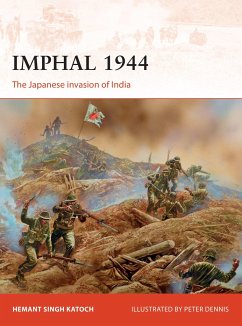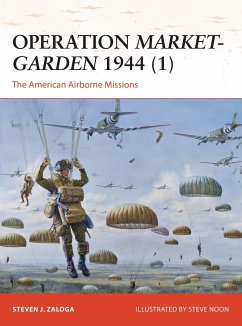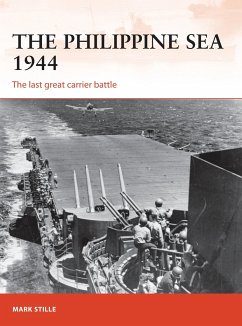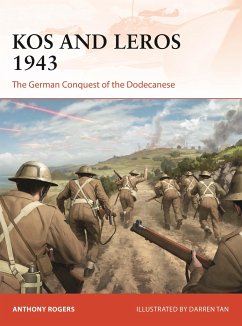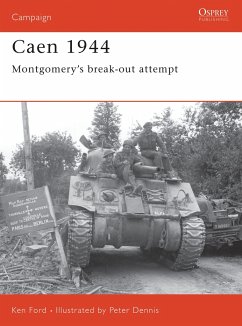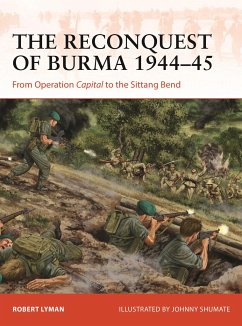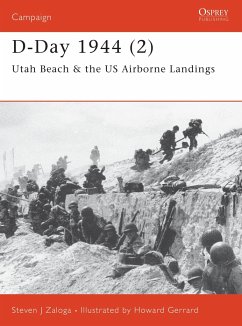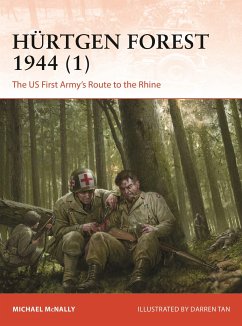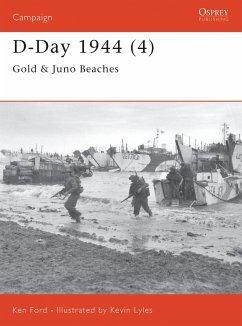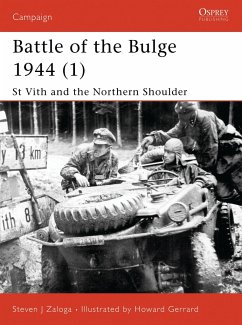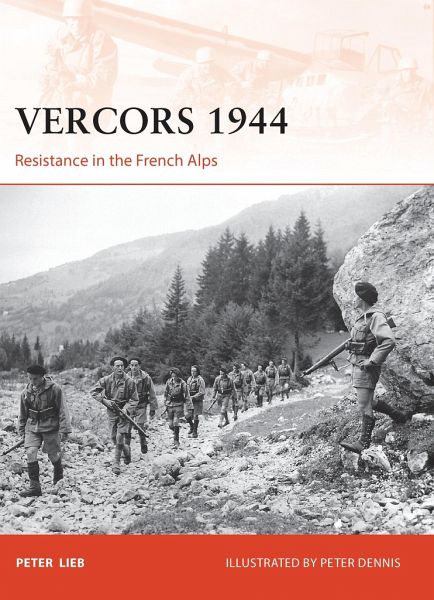
Vercors 1944
Resistance in the French Alps
Illustrator: Dennis, Peter
Versandkostenfrei!
Versandfertig in 2-4 Wochen
24,99 €
inkl. MwSt.
Weitere Ausgaben:

PAYBACK Punkte
12 °P sammeln!
Fighting insurgents has always been one of the greatest challenges for regular armed forces during the 20th century. The war between the Germans and the French resistance, also called FFI, during World War II has remained a near-forgotten chapter in the history of these 'Small Wars'. This title includes a discussion about this battle.
Dieser Artikel kann nur an eine deutsche Lieferadresse ausgeliefert werden.




